Action areas
As part of the consolidation of the Fit for Future program in autumn 2024, the action areas were reduced from 12 to 5. The remaining 5 action areas are dedicated to the issues of strategy, culture and structure. The information on them will continue to be updated on the F4F website:
Digital transformation

Digital transformation is a crucial component in achieving our overall strategy. In ensuring a balance between openness and security, we aim to create a digital working environment that is perceived as an asset rather than a burden.
Rethinking university structures
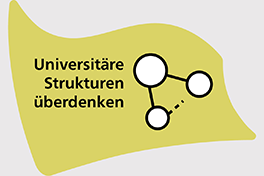
The University of Bern is pursuing Strategy 2030 and adapting its structure to prioritize its core responsibilities in teaching and research. The University will optimize its resources to ensure that they are sufficient for as much as possible.
New workplace concepts

Changing forms of work, flexibility in terms of location and time, as well as the increasing variety of the proportion of tasks people do in study and teaching, research, service, administration, and interdisciplinary collaboration place new demands on the working environment, which is exemplified by the availability of a sufficient, diversified supply of suitable workspaces.
UniBE Life
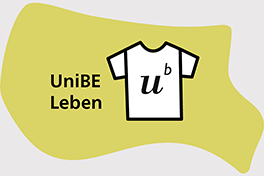
The University of Bern aims to develop and embody a common organizational identity. The goal is for employees and students to identify with the University of Bern as a whole. To achieve this, the University promotes exchange and a sense of belonging, strengthens internal communication, and enhances employee satisfaction.
Leadership culture and change
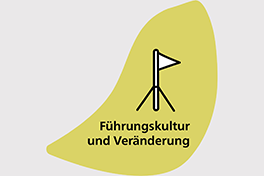
Good leadership aims to empower employees so that they can successfully complete their tasks.
released action areas
7 action areas have been released from F4F and transferred to the line organization, since the projects they contain have been completed or are well advanced.
You can learn how these action areas will be continued and where you can find information on them in the future on the respective subpages:
Innovation and Knowledge Translation (released from F4F)

The University of Bern ensures that scientific findings lead to more innovation, both socially and economically. Entrepreneurial talent is to be systematically and consistently promoted.
Shortage of space (released from F4F)
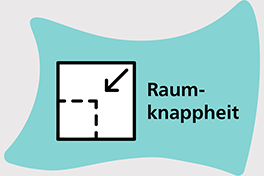
How can the university make the best use of space to achieve its goals? Space is scarce, building and renovating has an impact on the climate and is expensive. It is worthwhile to develop optimal utilization and operational concepts.
Teaching (released from F4F)
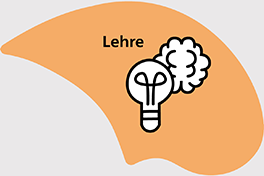
Teaching is defined by current and relevant content. Teaching and research will become closely linked, and will involve students more collaboratively.
An international research environment (released from F4F)

The University of Bern aims to achieve international recognition and appeal through its clearly defined and diversified research priorities, as well as by expanding its international networking.
Life-long learning (released from F4F)
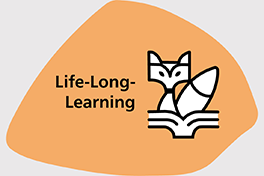
The University of Bern must exemplify life-long learning. Attractive offers that are affordable, diverse, and available in suitable formats can be used digitally, locally and independently by researchers, teachers, students, and the administration.
Conditions of employment (released from F4F)
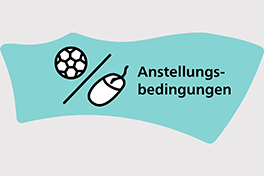
UniBe wants to distinguish itself as an excellent employer. This action area deals with working time models, flexible employment contracts and attainable goals for different target groups.
Equal opportunities and inclusion (released from F4F)
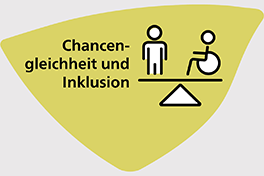
How can we promote equal opportunity? How can we achieve greater diversity among both students and employees of the University of Bern? How can management be made aware of equal opportunity and inclusion and supported in practicing it?
